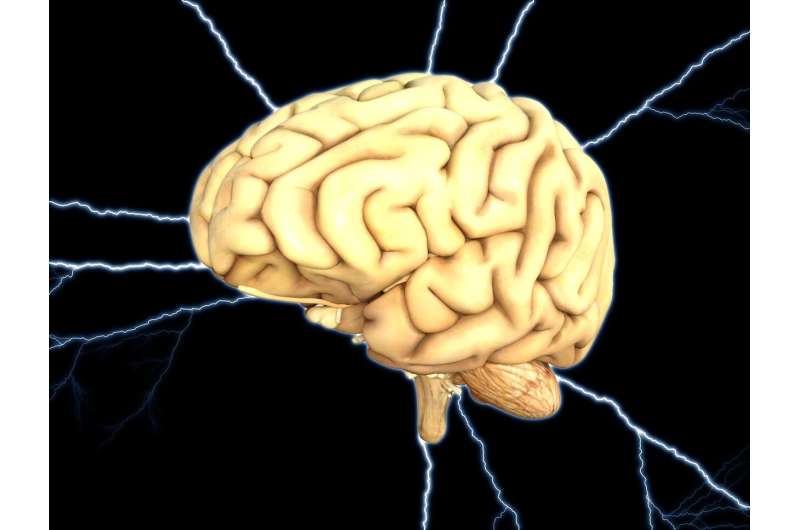This article has been reviewed according to Science X's editorial process and policies. Editors have highlighted the following attributes while ensuring the content's credibility:
fact-checked
peer-reviewed publication
trusted source
proofread
Immune response, not acute viral infections, responsible for neurological damage, researchers discover

For years, there has been a long-held belief that acute viral infections like Zika or COVID-19 are directly responsible for neurological damage, but researchers from McMaster University have now discovered that it's the immune system's response that is behind it.
The research, published on Feb. 5, 2024, in Nature Communications, was led by Elizabeth Balint, a Ph.D. student at McMaster, and Ali Ashkar, a professor with the Department of Medicine and the Canada Research Chair in Natural Immunity and NK Cell Function.
"We were interested in trying to understand why so many viral infections are associated with neurological diseases," says Balint. "Our evidence suggests that it's not the virus itself that causes the damage, but a unique population of T cells, which are part of the immune system, that are actually responsible for the damage."
To come to this conclusion, the McMaster team focused on Zika virus. During laboratory testing, researchers, as expected, found T cells that were specific for Zika and designed to eliminate infected cells. They found something else, too.
"What was interesting in our study is that although we did find some T cells specific for Zika, we identified cells that weren't functioning like a normal T cell and were killing lots of cells that weren't infected with Zika."
These cells are called NKG2D+CD8+ T cells and researchers say their aggressive response is responsible for neurological damage suffered from infections beyond just Zika, like COVID-19 and even septic shock.
The aggressive response is the result of the body producing large amounts of inflammatory proteins called cytokines, which in moderation help to coordinate the body's response in battling an infection or injury by telling immune cells where to go and what to do when they arrive.
"If our body's immune cells overreact and overproduce inflammatory cytokines, this condition will lead to non-specific activation of our immune cells which in turn leads to collateral damage. This can have severe consequences if it happens in the brain," Ashkar says.
The discovery offers researchers and scientists a new target for treatments of neurological diseases sparked by acute viral infections. In fact, Balint has already found a treatment that holds promise.
"Elizabeth has experimented with an antibody that can completely block and treat devastating neurotoxicity in the animal model, which is already in clinical trials for different uses in humans," says Ashkar.
Balint hopes to continue her work towards finding a treatment that would be effective in humans.
"There are a few different other viruses we're interested in studying, which will aid us in creating the best treatment options," Balint says.
More information: Bystander activated CD8+ T cells mediate neuropathology during viral infection via antigen-independent cytotoxicity, Nature Communications (2024). DOI: 10.1038/s41467-023-44667-0




















